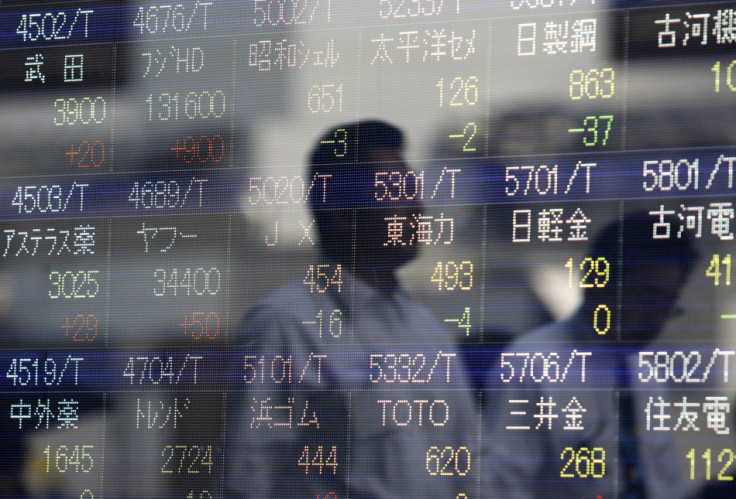Yen Continues to Weaken Following Abe Election Amid Longest Slide in Two Decades

Japan's currency has fallen the most against the US dollar in more than twenty years over the past five days as investors prepare for a new onslaught from the country's central bank to stoke inflation and ignite growth in the world's third largest economy.
Minutes from the US Federal Reserve's December policy meeting, where Open Market Committee members talked about an early exit from the Fed's programme of quantitative easing, also added pressure to the yen against the surging greenback. Investors are also betting the new government of Prime Minister Shinzo Abe will prod the Bank of Japan to significantly boost monetary stimulus by setting a higher preferred target for inflation and ramping-up its own asset purchase programme.
"Pressure on the BoJ to ease policy more radically is likely to only grow, now that PM Abe is installed, the centerpiece of whose election platform was to end deflation," wrote Societe Generale strategist Kiyoko Katahira in note to clients. "But as we have stated many times before, to overcome deflation in Japan, just expanding the BoJ's balance sheet is unlikely to suffice. To defeat deflation, the yen has to stop appreciating, and better yet, depreciate by a substantial margin.
The yen fell a further 1 percent Friday to trade at 88.12 for each US dollar, the lowest level in nearly 2 and a half years, taking nearly 3 percent from the yen's value over the past five days.
Abe said in the Prime Minister's traditional New Year's address that "bold" monetary policy was the key to Japan's escape from the trap of currency appreciation and deflation that has paralyzed growth for several years. He has called on the Bank of Japan to fundamentally change its approach to inflation targeting, lifting its aim of price increases from the current 1 percent to around 2 percent.
Abe, who heads the conservative establishment Liberal Democratic Party that was swept into power following a landslide victory last month, has promised changes to the Bank of Japan Act - the legal framework under which the BoJ has operated since 1997 - that would lead to lower (and possible negative) interest rates, an increased inflation target and the direct underwriting of government bonds.
"Japan's most pressing task is to free itself from deflation and the strong yen so an economic recovery can occur," Abe said in a prepared statement.
BoJ Governor Masaaki Shirakawa has been publically resistant to such aggressive tactics, putting the latter at "the top of the list of things you shouldn't do. No advanced country has adopted such a policy. Even the perception that the BoJ is directly underwriting government debt could lead to higher interest rates and hurt public finances."
Japan's core rate of inflation has been in decline for the past four months, hitting -0.5 percent in November. The BoJ's preferred target, which strips out the costs of fresh food and fish, reversed course in November and dipped to -0.1 percent year-on-year.
Industrial output fell 1.7 percent in November while October exports sank a full 6.5 percent from the same time last year and its nine-month total is some 2.3 percent off of the 2011 tally and the worst in three years. Shipments to China, its most important trading partner, are off 11.6 percent as the economic toll of its political dispute over the East China Sea islands continues to mount.
Its trade deficit sits at an all-time high of 5.3 trillion yen and its GDP is on the ropes having contracted an annualised 3.5 percent in the third quarter as it heads towards yet another recession.
The BoJ has had eight separate rounds of quantitative easing amounting to more than 60 trillion yen and set up a collateral lending programme worth around 80 trillion yen. It's near-zero interest rates help support directed loan schemes to industries such as clean technology and nursing care and it has eased collateral rules for loans linked to earthquake rehabilitation.
Shirakawa's five year term as Governor wraps up in April, just one month after the departure of his two loyal deputies: Hirohide Yamaguchi and Kiyohiko Nishimura. The three vacant seats offer Abe a golden opportunity to at the very least install pliant, dovish allies onto the nine-member board even if he's not able to drum-up support for wholesale change to the BoJ Act.
© Copyright IBTimes 2025. All rights reserved.





















